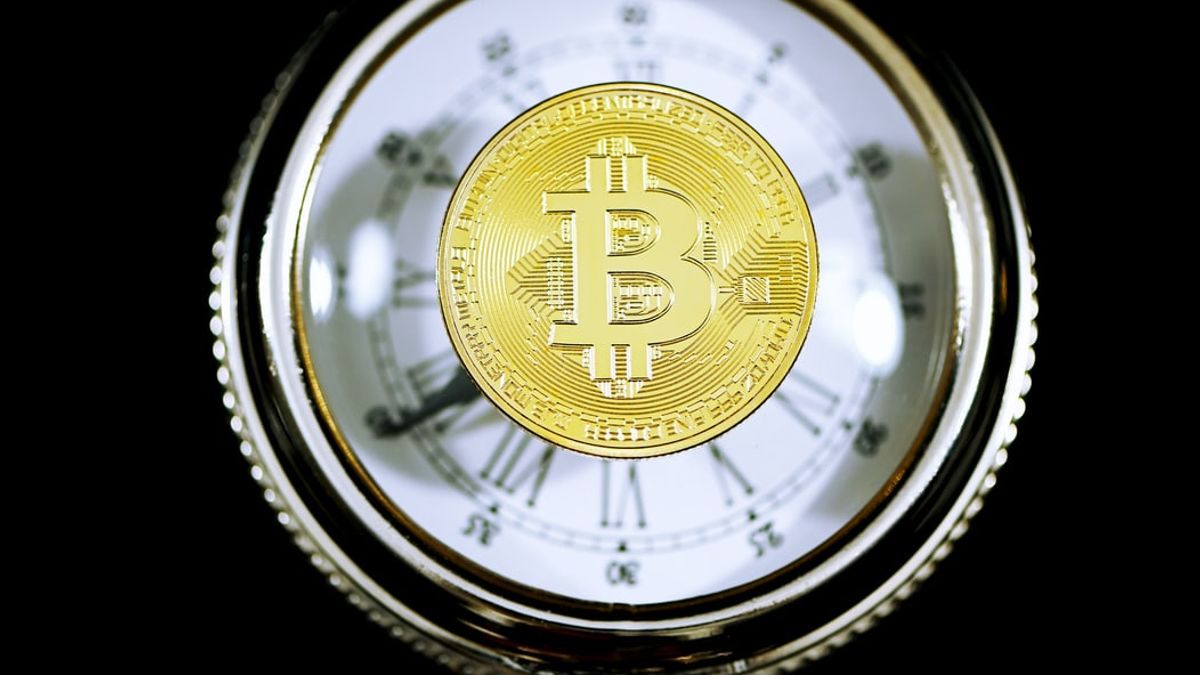JAKARTA - We may not know what stocks in the S&P 500 index will do next month, or in two years. But many have a pretty good feeling that they will rise, in the next few decades. Most of us also know what a stock is, and that definition hasn't changed over the centuries.
But it is not the same as cryptocurrency (crypto money). Some experts predict coins will forever change the way we understand and interact with money. While other observers have warned about the dangers.
But no matter what one might expect for cryptocurrencies, it is increasingly difficult to imagine a future without them.
CNBC asked experts from various fields to describe their vision for the currency 50 years from now. Their answers have been summarized to be quite clear to understand.
Ivory Johnson, certified financial planner and founder of Delancey Wealth Management:
“Cryptocurrencies will disrupt traditional finance because one of their most attractive utilities is the ability to efficiently transfer cross-border payments with little or no fees, delays, or foreign currency fluctuations.
With regards to bitcoin, 50 years is a long time and bitcoin could become the world's reserve currency or the next AOL that makes a lot of people rich until they are pushed aside by better technology.”
Frederick Kaufman, author of “The Money Plot: A History of Currency's Power to Enchant, Control, and Manipulate”:
“Long before 2071, the dollar will have more in common with cryptocurrencies than it will with silver or gold, so there is no need to doubt the longevity of encrypted algorithms as a store of value and medium of exchange. All money is a form of encryption. It has been that way from the start, and as our lives draw closer to the digital world, the urge to invest in tokens will only accelerate.
Ironically, that drive will link us to primitive instincts, and do its part to keep us human."
Dan Egan, vice president of behavioral finance and investment at Betterment
“Cryptocurrencies like bitcoin have proven useful for money movement and speculation, and they are unlikely to disappear. But where and how we will generate energy to meet the demands of the growing crypto market is worth considering, as well as whether state actors who see it as a competitor to fiat power will turn it into a black market commodity. ."
Dragan Boscovic, founder and director of the Blockchain Research Lab at Arizona State University
“Central bank authorities are busy developing regulations on cryptocurrencies. They recognize that digital currencies are native to the digital economy and, as such, are well on their way to becoming mainstream in the next 10 years.”
Barbara Roper, director of investor protection for the American Consumer Federation:
"Sorry. I decided some time ago that I was too old for this matter."
It's up to you to define what cryptocurrencies are today, and how 50 years ago they would have developed. But it seems very clear, that crypto money is real and can make a difference. Either for the good or the other way around.
The English, Chinese, Japanese, Arabic, and French versions are automatically generated by the AI. So there may still be inaccuracies in translating, please always see Indonesian as our main language. (system supported by DigitalSiber.id)












